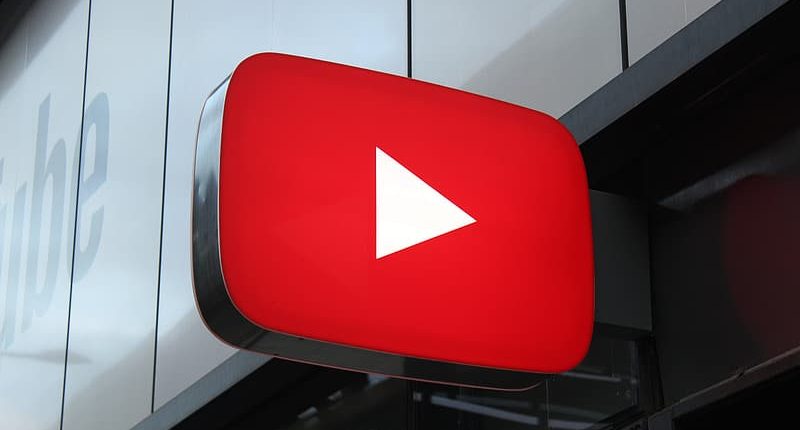The only thing that travels faster than news is fake news. And in modern times, fake news can travel instantaneously to the farthest ends of the earth. In the past year-and-a-half, the internet has been full of fake news, rumors, conspiracy theories, and misinformation, mostly surrounding one central topic – COVID-19 and its vaccination. This has led to severe consequences, and social media platforms have earned the ire of many for their failure in stopping the spread of fake news. They are slowly correcting this however, and this time YouTube has decided to remove all anti-vaccine content from its platform as part of its stand against misinformation about vaccines.
Among the content to be removed includes videos that allege that vaccines cause chronic health effects or contain misinformation on the substances in vaccines, YouTube said in a blog post. This includes not only misinformation on COVID-19 vaccines but also content that claims that commonly used vaccines (like those for Hepatitis B or measles) approved by health authorities and the WHO are ineffective or dangerous, or that vaccines cause autism, cancer or infertility, or that substances in vaccines can track those who receive them.
According to YouTube VP of Global Trust and Safety Matt Halprin, YouTube did not act sooner on this front since it focused on misinformation specifically dealing with COVID-19 vaccines. “We’ve steadily seen false claims about the coronavirus vaccines spill over into misinformation about vaccines in general, and we’re now at a point where it’s more important than ever to expand the work we started with COVID-19 to other vaccines,” YouTube said in its blog post.
To date, YouTube has removed over 133,000 videos for broadcasting coronavirus misinformation, Halprin said. In regards to its new policy, YouTube is banning prominent anti-vaccine activists and taking down several channels. These include the accounts of Joseph Mercola and Robert F. Kennedy Jr., who have been rigid in their resistance against vaccines. Neither was happy with the development, and both claimed that the new policy meant that they were being censored.
However, you will be able to view content about “vaccine policies, new vaccine trials, and historical vaccine successes or failures” on YouTube, which is looking to work closely with health authorities and balance its commitment to an open platform with the need to remove harmful content.
The spread of fake news on platforms like YouTube has spread exponentially during the pandemic. This has led to increased skepticism about vaccines and adversely impacted the vaccination rates across the world, especially in the US – about 56% of the US population have completed both doses, while Canada and the UK have better percentages of 71% and 67% respectively. India has been catching up as well, but it still has some way to go.
The Tech Portal is published by Blue Box Media Private Limited. Our investors have no influence over our reporting. Read our full Ownership and Funding Disclosure →






